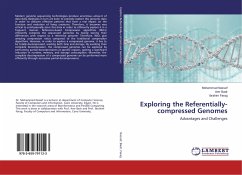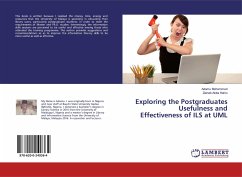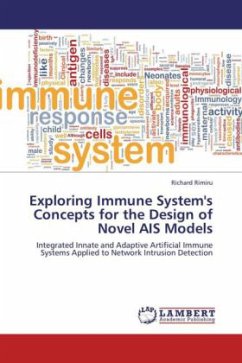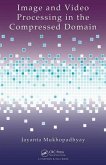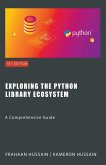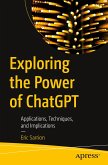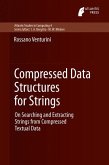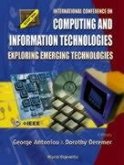Modern genome sequencing technologies produce enormous amount of data daily. Biologists in turn are keen to precisely explore this genomic data in order to discover effective patterns that have a real impact on the function and evolution of living creatures. Therefore, it becomes very critical to professionally store this data in order to efficiently explore it in a frequent manner. Reference-based Compression algorithms (RbCs) efficiently compress the sequenced genomes by mainly storing their differences with respect to a reference genome. Therefore, RbCs give amazing compression ratios compared to the traditional compression algorithms. However, in order to explore a compressed genome, it has to be totally decompressed, wasting both time and storage. By avoiding their complete decompression, the compressed genomes can be explored by performing partial decompressions at specific regions, gaining a significant reduction in runtime, memory, and storage consumption. Moreover, the complete decompression of a compressed genome can be performed more efficiently through successive partial decompressions.
Bitte wählen Sie Ihr Anliegen aus.
Rechnungen
Retourenschein anfordern
Bestellstatus
Storno

